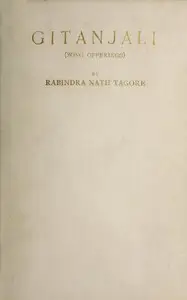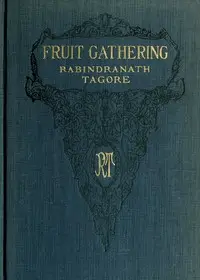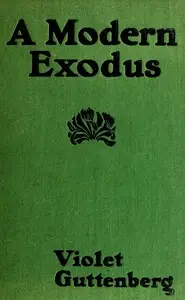"Mashi, and Other Stories" by Rabindranath Tagore is a collection of short stories written in the early 20th century. The book delves into the lives and emotions of characters, exploring themes such as love, sacrifice, and the complexities of human relationships. One of the main narratives revolves around the poignant experiences of Jotin, a terminally ill man, and his interactions with his wife Mani and his maternal aunt Mashi. The opening of "Mashi" introduces us to Jotin, who is struggling with his illness, and his wife Mani, who is torn between her obligations to him and her desire to attend her sister's ceremony. As Jotin reflects on his relationship with Mani, the narrative captures the tension between love and duty, underscored by feelings of jealousy and longing. Through conversations laden with emotional depth, the reader is drawn into Jotin's inner world, where he grapples with the implications of his impending death and the desires of those around him. The interplay of these intricate emotions lays a compelling foundation for the stories that follow in this poignant collection, inviting readers to explore the profound connections that define human experiences. (This is an automatically generated summary.)

Mashi, and Other Stories
By Rabindranath Tagore
Translated from the original Bengali by various writers.
Rabindranath Tagore was a Bengali poet, writer, playwright, composer, philosopher, social reformer, and painter of the Bengal Renaissance. He reshaped Bengali literature and music as well as Indian art with Contextual Modernism in the late 19th and early 20th centuries. Author of the "profoundly sensitive, fresh and beautiful" poetry of Gitanjali, in 1913 Tagore became the first non-European and the first lyricist to win the Nobel Prize in Literature. Tagore's poetic songs were viewed as spiritual and mercurial; where his elegant prose and magical poetry were widely popular in the Indian subcontinent. He was a fellow of the Royal Asiatic Society. Referred to as "the Bard of Bengal", Tagore was known by the sobriquets Gurudeb, Kobiguru, and Biswokobi.


















